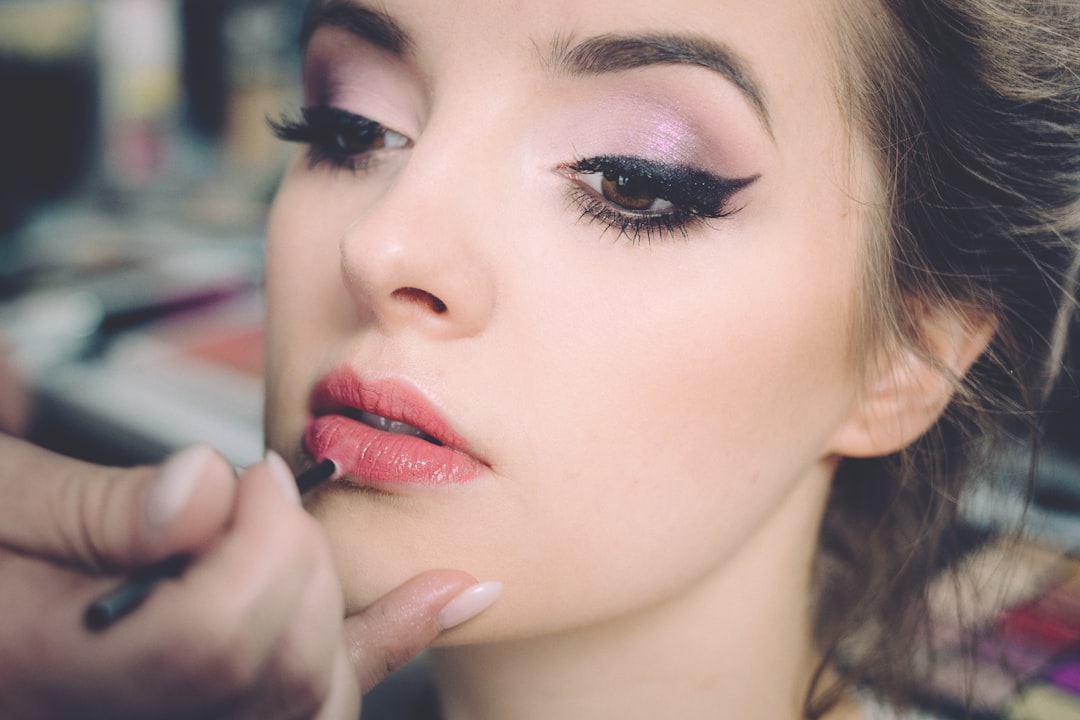

What is waxing
Waxing is a form of semi-permanent hair removal that involves applying a sticky substance, such as wax, to adhere to body hair and then removing this covering to pull out the hair from the follicle. New hair will not grow back in the waxed area for four to six weeks. Get the best hard wax products from Wax Wax. Waxing can be done on various parts of the body, including eyebrows, face, legs, arms, back, abdomen, chest, and feet. There are different types of waxing methods available, such as strip waxing (soft wax) and stripless wax (hard wax and film wax). While waxing is an effective method for removing hair in large amounts at once and provides long-lasting results compared to shaving or using depilatory creams, it can also be painful and expensive. Some people may experience ingrown hairs or skin irritation after waxing.
Tips for maintaining smooth skin in between waxing sessions
Waxing is a form of semi-permanent hair removal that involves applying a sticky substance, such as wax, to adhere to body hair and then removing this covering to pull out the hair from the follicle. New hair will not grow back in the waxed area for four to six weeks. Waxing can be done on various parts of the body, including eyebrows, face, legs, arms, back, abdomen, chest, and feet. There are different types of waxing methods available, such as strip waxing (soft wax) and stripless wax (hard wax and film wax). While waxing is an effective method for removing hair in large amounts at once and provides long-lasting results compared to shaving or using depilatory creams, it can also be painful and expensive. Some people may experience ingrown hairs or skin irritation after waxing.
Cost-effective option
Applying hard waxes involves heating the wax until it melts into a thick consistency. The melted wax is then applied to the skin in a thick layer using a spatula, allowing it to cool and harden before being pulled off quickly against the direction of hair growth. This method is ideal for coarse hair and sensitive areas as it adheres only to the hair, not the skin, resulting in less irritation and discomfort. Hard waxes are generally preferred for smaller areas like the bikini line or underarms due to their precision and effectiveness!
Moisturize After Exfoliating: After waxing, make sure to moisturize your skin properly to maintain its hydration and prevent irritation. wax on hair off Choose a non-comedogenic moisturizer to avoid clogging pores.
Firstly, be honest about your pain tolerance levels during the consultation process. Your esthetician needs to know if you have a low pain threshold so they can take extra precautions to minimize discomfort during the waxing session.
Waxing is a form of semi-permanent hair removal that involves applying a sticky substance, such as wax, to the skin and pulling out the hair from the follicle. This method dates back to ancient civilizations, where various natural substances were used for hair removal.
Waxing can be done on various parts of the body, including eyebrows, face, legs, arms, and intimate areas. It offers long-lasting results compared to shaving or depilatory creams because it removes hair from the root. However, some people may experience pain during waxing, especially in sensitive areas.
Communicate with your esthetician about any skin concerns or sensitivities
Despite its benefits, waxing also has drawbacks such as ingrown hairs and minor bleeding. Additionally, individuals with certain medical conditions or taking specific medications may be at higher risk for skin irritation or complications during waxing.
[ edit ]
Overall, waxing remains a popular choice for hair removal due to its effectiveness and longer-lasting results. The practice continues to be refined with new techniques and products being developed to improve the experience for those seeking smooth and hair-free skin.
Regular exfoliation helps in preventing the buildup of dead skin cells and sebum, which can lead to clogged pores and ingrown hairs.

Waxing is the process of hair removal from the root by using a covering of a sticky substance, such as wax, to adhere to body hair, and then removing this covering and pulling out the hair from the follicle. New hair will not grow back in the previously waxed area for four to six weeks, although some people will start to see regrowth in only a week due to some of their hair being on a different human hair growth cycle. Almost any area of the body can be waxed, including eyebrows, face, pubic hair (called bikini waxing or intimate waxing), legs, arms, back, abdomen, chest, knuckles (misspelled as "knucles"), and feet.
6. What post-wax care tips are important for sensitive skin?
Frequent waxing can lead to potential side effects such as skin irritation, redness, and ingrown hairs. The repeated process of pulling hair from the roots can cause sensitivity and inflammation in the waxed areas. Over time, this can result in skin damage and discomfort. It is important to give your skin an adequate break between waxing sessions to allow it to heal and regenerate properly. Excessive waxing can also weaken the hair follicles, leading to thinner hair growth or even permanent damage (!)
Exfoliate regularly to prevent ingrown hairs! Exfoliation helps remove dead skin cells that can clog hair follicles and lead to ingrown hairs.
Contrary to popular belief,(waxing) does not have to be extremely painful!
5. What are the benefits of professional waxing over DIY methods?